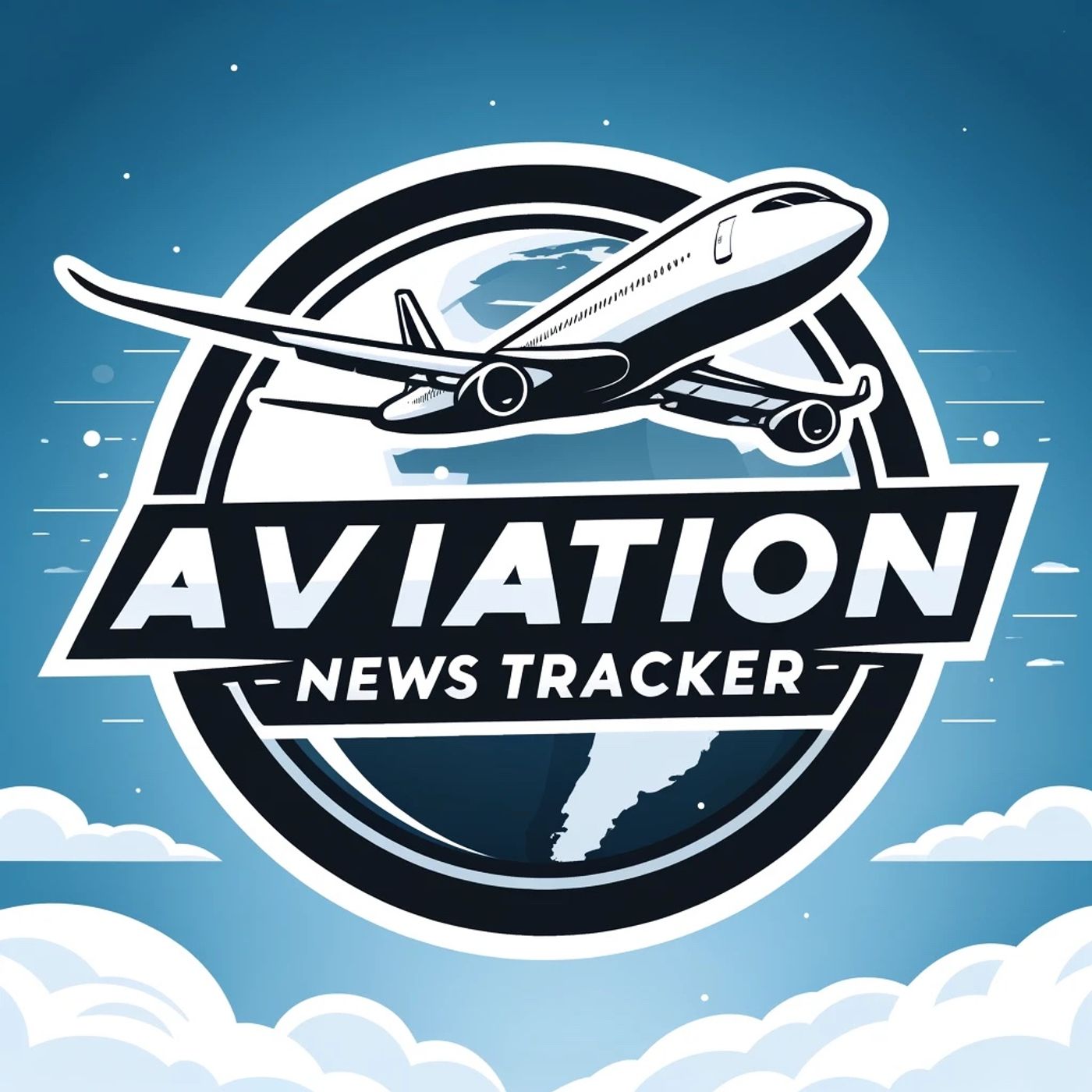Aviation Partnerships and Fleet Modernization: Industry Adapts to Shifting Demand
Update: 2025-07-28
Description
The global aviation industry over the last 48 hours has seen both notable partnerships and signs of continued fleet modernization, as major airlines and manufacturers respond to ongoing market pressures and shifting consumer demand.
One significant deal announced July 28 was a purchase and leaseback agreement between Dubai Aerospace Enterprise and United Airlines for ten new Boeing 737-9 aircraft. Delivering between August 2025 and February 2026, these jets are part of United’s focus on fleet modernization, offering 20 percent lower fuel consumption and emissions compared to previous generations. DAE’s fleet now includes 225 Boeing aircraft, as it expands to meet rising North American demand. This follows DAE’s earlier Airbus A321neo acquisition for United, reflecting sustained investment in fuel efficiency and capacity enhancement to address surging travel demand and sustainability goals.
On July 25, American Airlines and Porter Airlines filed with US regulators for a reciprocal codeshare partnership. This cross-border link would enable both carriers to market each other’s flights, thereby expanding Porter’s reach over American’s extensive US network while bridging a long-standing gap in American’s Canadian service. The move, if approved, may launch by late 2025, and hints at future loyalty benefits and deeper integration. The trend echoes similar partnerships seen previously between other major North American carriers, showing a competitive push for broader market access and smoother passenger transfers.
Product launches and route expansions are also evident. American Airlines is boosting capacity to Spain, upgrading aircraft, and resuming its Fort Lauderdale to Phoenix route by December 2025. Meanwhile, a major defense aviation deal this week saw Turkish Aerospace and Airbus partnering to supply up to 30 Hurjet jet trainers to the Spanish Air Force, with delivery contracts expected by year’s end.
Operational disruptions were highlighted again, as Delta Air Lines was forced to turn back an Atlanta-Tucson flight on July 28 due to a cockpit breach attempt. Airlines remain highly vigilant, with evolving protocols to address such security incidents.
Airfares remain volatile, but airlines have generally reported robust summer demand, supporting higher yields despite ongoing cost pressures. The industry response has focused on efficiency, strategic partnerships, and regional fleet upgrades to balance growth ambitions with persistent supply chain challenges and safety concerns. While the last 48 hours did not bring major regulatory shocks, ongoing evolution in cross-border agreements and aircraft orders signals a sector still adapting rapidly to a complex global landscape.
For great deals today, check out https://amzn.to/44ci4hQ
This content was created in partnership and with the help of Artificial Intelligence AI
One significant deal announced July 28 was a purchase and leaseback agreement between Dubai Aerospace Enterprise and United Airlines for ten new Boeing 737-9 aircraft. Delivering between August 2025 and February 2026, these jets are part of United’s focus on fleet modernization, offering 20 percent lower fuel consumption and emissions compared to previous generations. DAE’s fleet now includes 225 Boeing aircraft, as it expands to meet rising North American demand. This follows DAE’s earlier Airbus A321neo acquisition for United, reflecting sustained investment in fuel efficiency and capacity enhancement to address surging travel demand and sustainability goals.
On July 25, American Airlines and Porter Airlines filed with US regulators for a reciprocal codeshare partnership. This cross-border link would enable both carriers to market each other’s flights, thereby expanding Porter’s reach over American’s extensive US network while bridging a long-standing gap in American’s Canadian service. The move, if approved, may launch by late 2025, and hints at future loyalty benefits and deeper integration. The trend echoes similar partnerships seen previously between other major North American carriers, showing a competitive push for broader market access and smoother passenger transfers.
Product launches and route expansions are also evident. American Airlines is boosting capacity to Spain, upgrading aircraft, and resuming its Fort Lauderdale to Phoenix route by December 2025. Meanwhile, a major defense aviation deal this week saw Turkish Aerospace and Airbus partnering to supply up to 30 Hurjet jet trainers to the Spanish Air Force, with delivery contracts expected by year’s end.
Operational disruptions were highlighted again, as Delta Air Lines was forced to turn back an Atlanta-Tucson flight on July 28 due to a cockpit breach attempt. Airlines remain highly vigilant, with evolving protocols to address such security incidents.
Airfares remain volatile, but airlines have generally reported robust summer demand, supporting higher yields despite ongoing cost pressures. The industry response has focused on efficiency, strategic partnerships, and regional fleet upgrades to balance growth ambitions with persistent supply chain challenges and safety concerns. While the last 48 hours did not bring major regulatory shocks, ongoing evolution in cross-border agreements and aircraft orders signals a sector still adapting rapidly to a complex global landscape.
For great deals today, check out https://amzn.to/44ci4hQ
This content was created in partnership and with the help of Artificial Intelligence AI
Comments
In Channel





